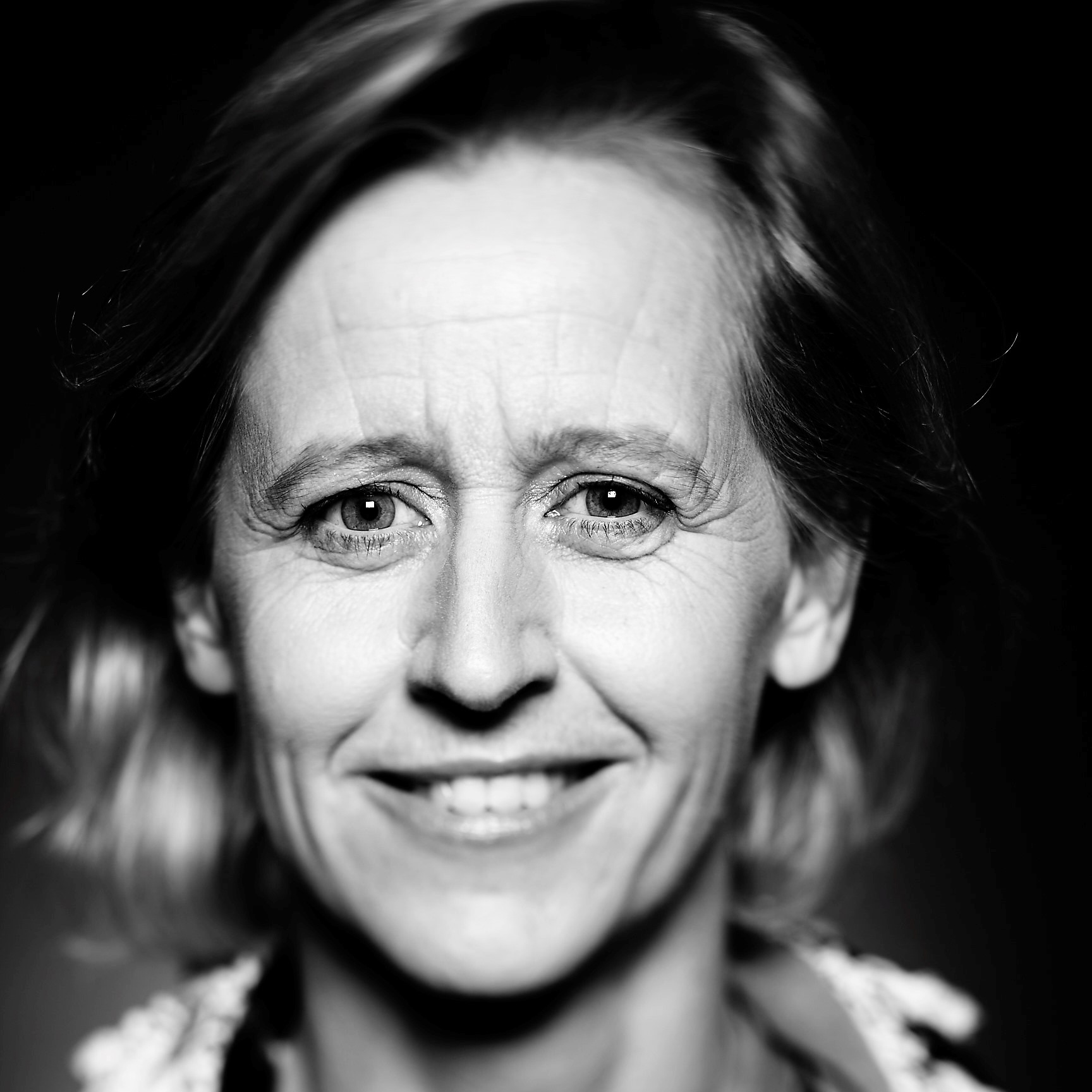 \
&
Contact us
\
&
Contact us
 \
&
Contact us
\
&
Contact us
As a co-programmed partnership, BATT4EU brings together the public sector (the European Commission) and the private sector (the European battery R&I stakeholders, BEPA) with the aim to achieve a competitive and sustainable European industrial value-chain for e-mobility and stationary applications.
BEPA already gathers a total of 137 members of which 54 are industrial players, 56 research organisations, 27 associations, and others.
Aside from some general objectives, the Batteries Partnership (BATT4EU) has various measurable, operational objectives:
Operational objectives:
Partnerships group the EC and private and/or public partners, to coordinate and streamline the research & innovation initiatives and funding in some selected key domains.

Ria.debreucker@vlaio.be
The ATHENA project addresses emerging risks for the water sector in operational technology created by digitalisation. The project responds to Digital Europe call DIGITAL-ECCC-2022-CYBER-03-UPTAKE-CYBERSOLUTIONS – Uptake op Innovative Cybersecurity Solutions. The project started in September 2023 and will run until November 2026. De Vlaamse Waterweg - The Flemish Waterway participates in the project to enhance the resilience of the organisation by co-developing targeted training modules for operational technology environments.